We live in crazy times, and they seem to get crazier with each passing day. As the U.S. elects a felon into office and two wars continue to add mounting bodies to our global casualties list, South Korea is upping the ante with a frightening decision.
South Korean President Yoon Suk-yeol shocked the world when he declared martial law on Dec. 3, sending panic through the general public with his unannounced late night address. He accused the primary opposition party — the country’s Democratic Party — of sympathizing with North Korea and engaging in “anti-state activities.”
It’s a major move, and one that hasn’t occurred in South Korea in more than 40 years. The last declaration of martial law happened in 1980, when students and labor unions were engaged in a nationwide uprising. The move was immediately challenged by South Korean lawmakers, but it still sparked concern — and plenty of questions — among the general public.
What is martial law?
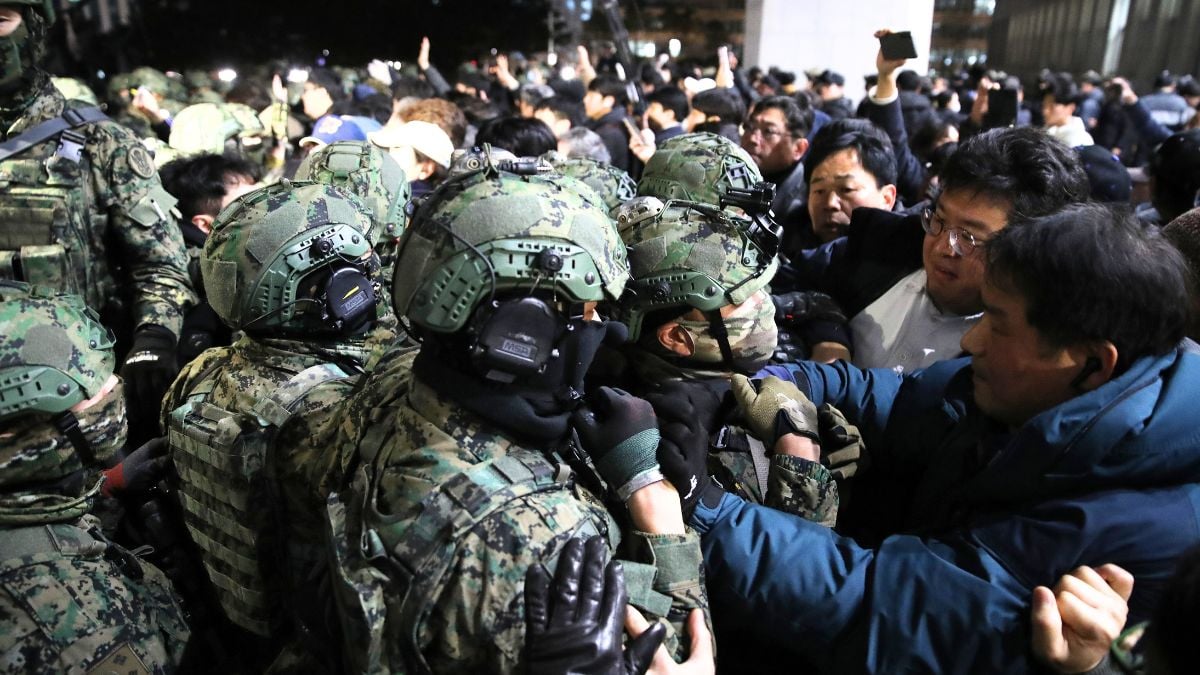
People were instantly concerned over what’s happening in South Korea when news of the martial law enactment broke, but the situation isn’t as dire as it initially seems. Declaring martial law is a very serious move, but it wasn’t due to worsening tensions with North Korea or an impending world war. It was largely over disagreements within the South Korean government.
We’ll get to all of that in a bit, but first let’s examine what martial law is. The actual definition of martial law is quite simple, and rather expansive. Its the term for when typical government is replaced by military rule, and grants broad power to the military to make decisions even if it means infringing on the civil liberties of citizens. It is most often declared during wartime, but its also been known to arise during moments of national unrest or major national disasters.
The main thing martial law accomplishes is that it gives the military much broader power, in hopes of attacking an issue in as streamlined a way as possible. If the military has already been deployed somewhere, and is in the midst of handling a massive disaster, it is considered best to give it broad authority to make decisions. There’s obviously plenty of risk in doing so, but it has both benefits and pitfalls.
There’s no war springing up between North Korea and South Korea, and no natural disasters have ravaged the nation, however. The decision to declare martial law instead seems to have political motivations, which is leading to more than a little pushback.
Why did South Korea declare martial law?
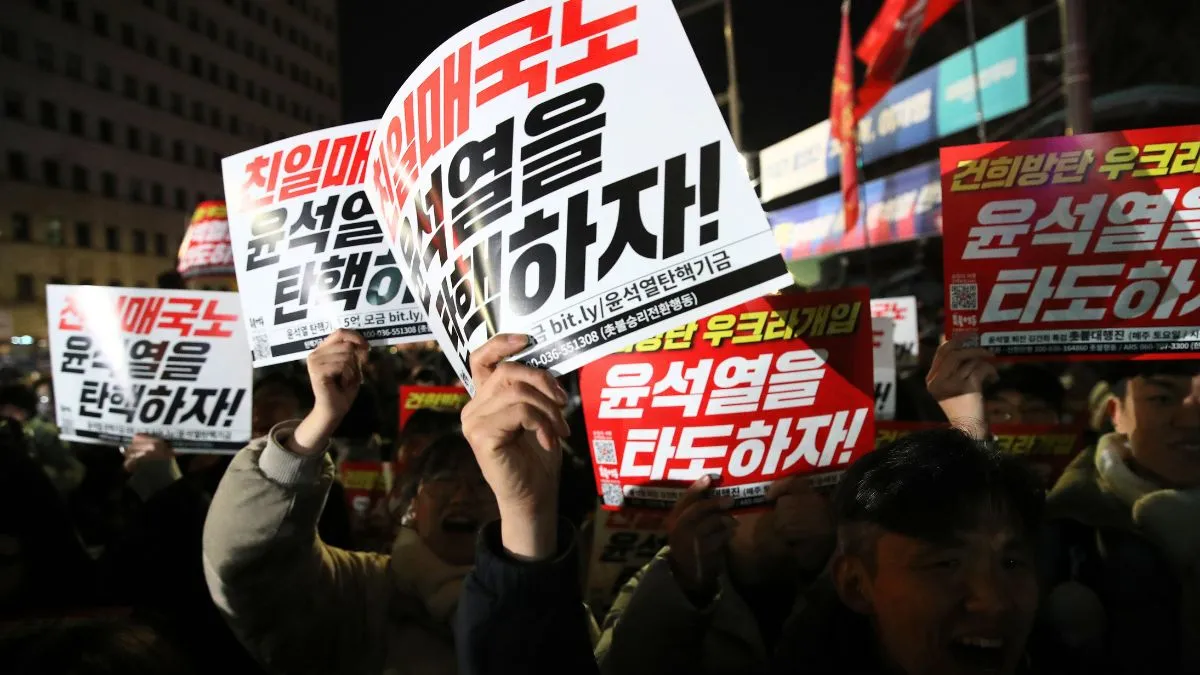
President Yoon Suk-yeol cited tensions with North Korea and national security in his unexpected announcement, but it seems mounting political pressure was the true motivation behind his declaration of martial law. He’s been facing constant political pushback for awhile now, and analysts believe the martial law decision was made as an attempt to regain control.
President Yoon claimed he made the decision in order to “crush anti-state forces that have been wreaking havoc,” on the country. He seems to be referencing the massive hurdles the opposition party has erected in recent months, as they stymie his bills, propose massive budget cuts, and work to impeach members of his cabinet. None of this opposition relates to any risk posed by North Korea, as he claimed, however, and his decision to enact martial law in response is questionable at best.
Korea’s martial law was short-lived, regardless of its precise motivations, after protests almost instantly kicked off outside of parliament, and within hours lawmakers were voting down the measure. South Korean citizens made their displeasure known via rampant pushback, and even members of Yoon’s own party called the move “wrong.” The opposition party went a step further, calling Yoon’s actions “illegal and unconstitutional.”
He’s a lame duck president already, so this isn’t likely to affect Yoon’s political prospects much, but it is serving as a stark reminder of the sometimes terrifying powers granted to our national leaders. The U.S.’s Donald Trump has threatened similar tactics to root out his enemies in his second term, and it would likely get far more support than Yoon’s — he controls the House and the Senate, after all — which absolutely should ring alarm bells for everyone.

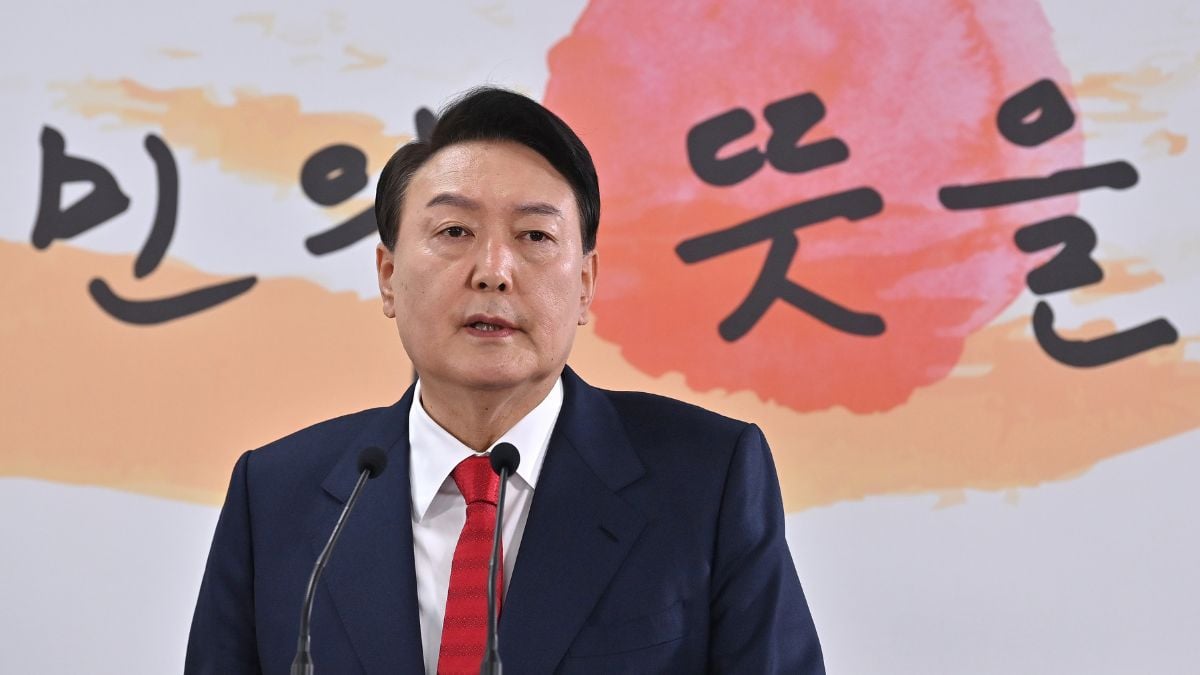
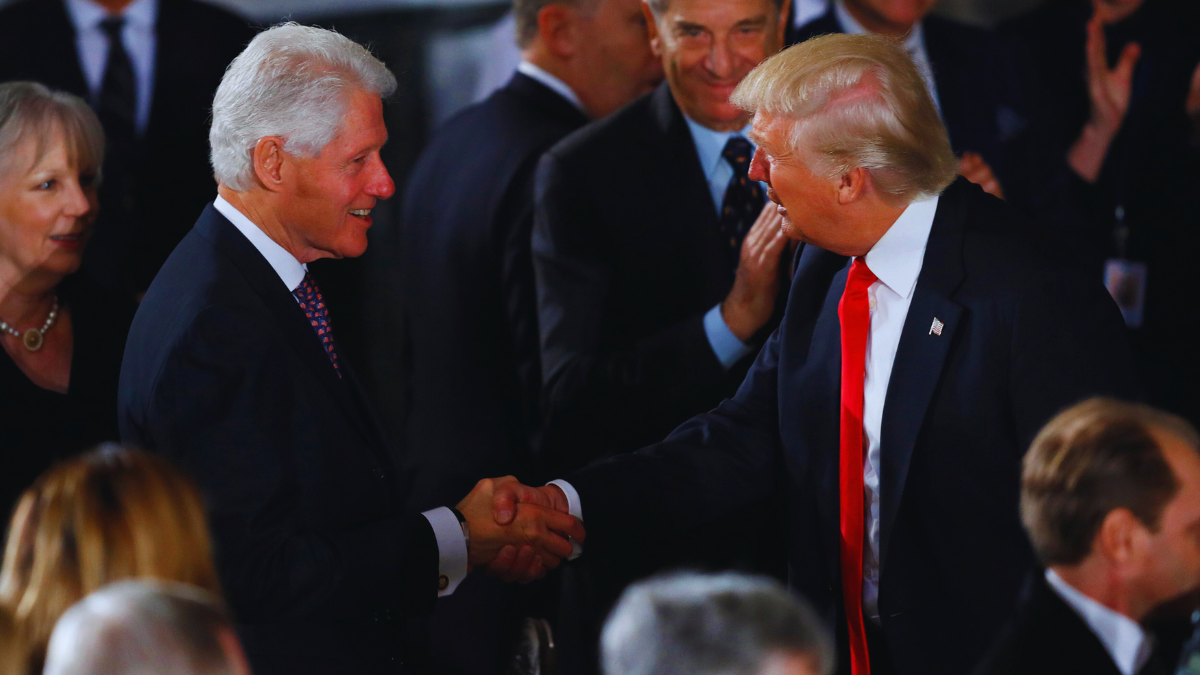
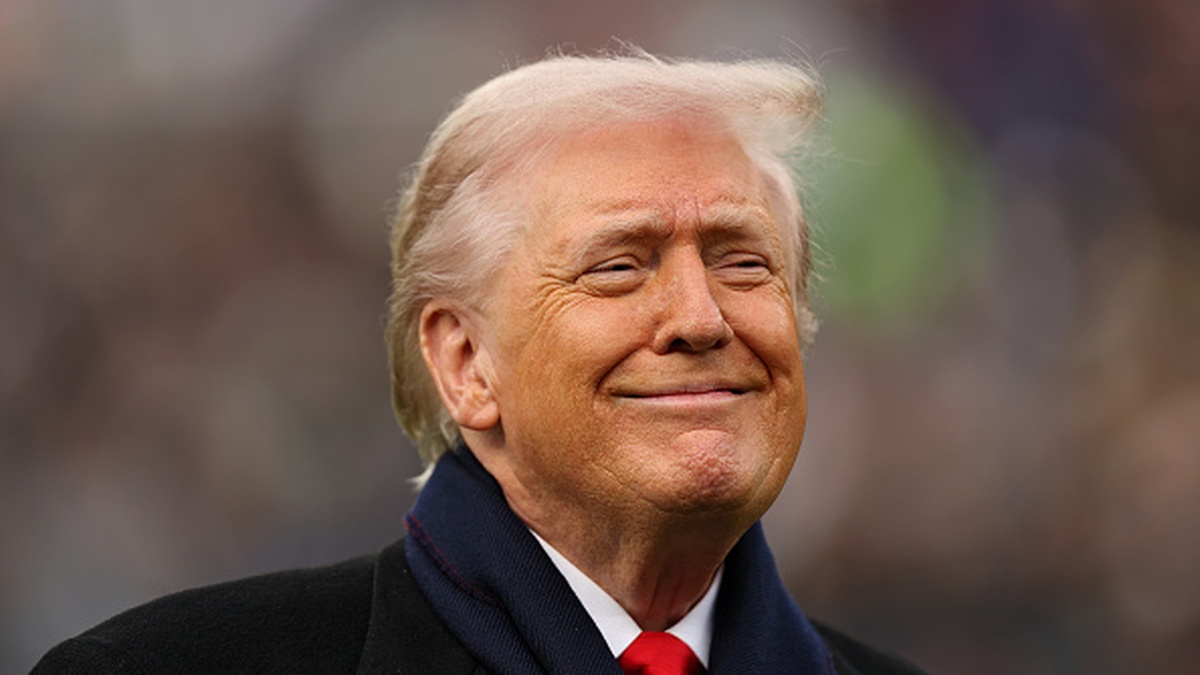
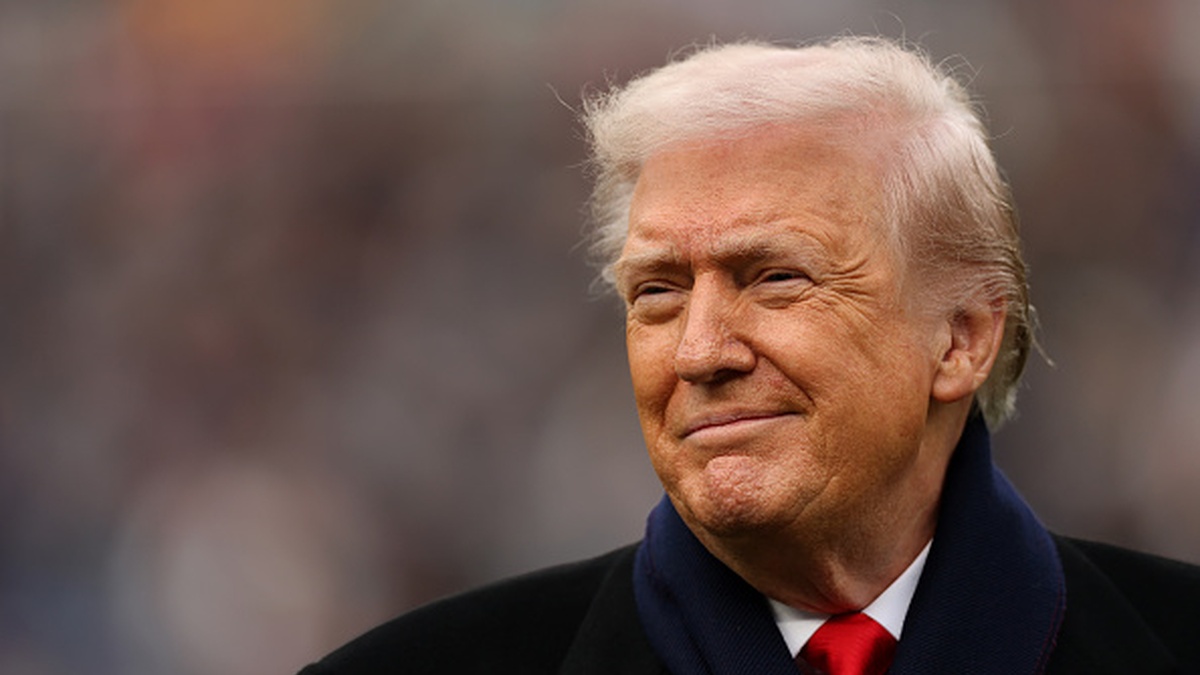
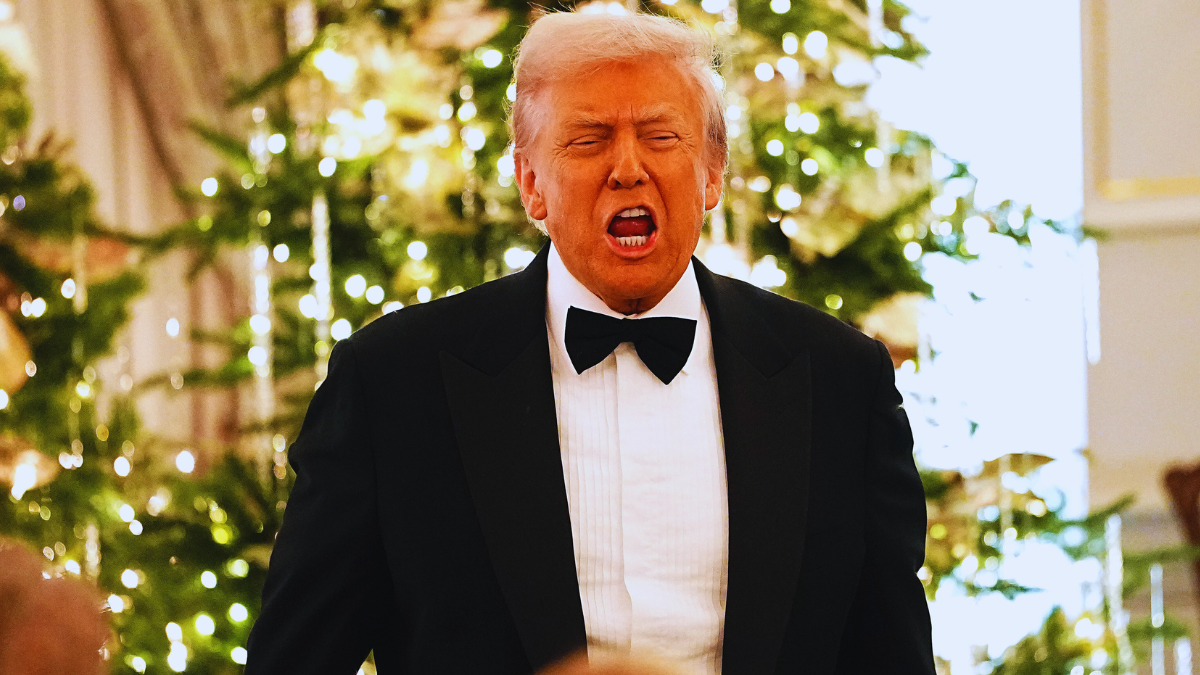
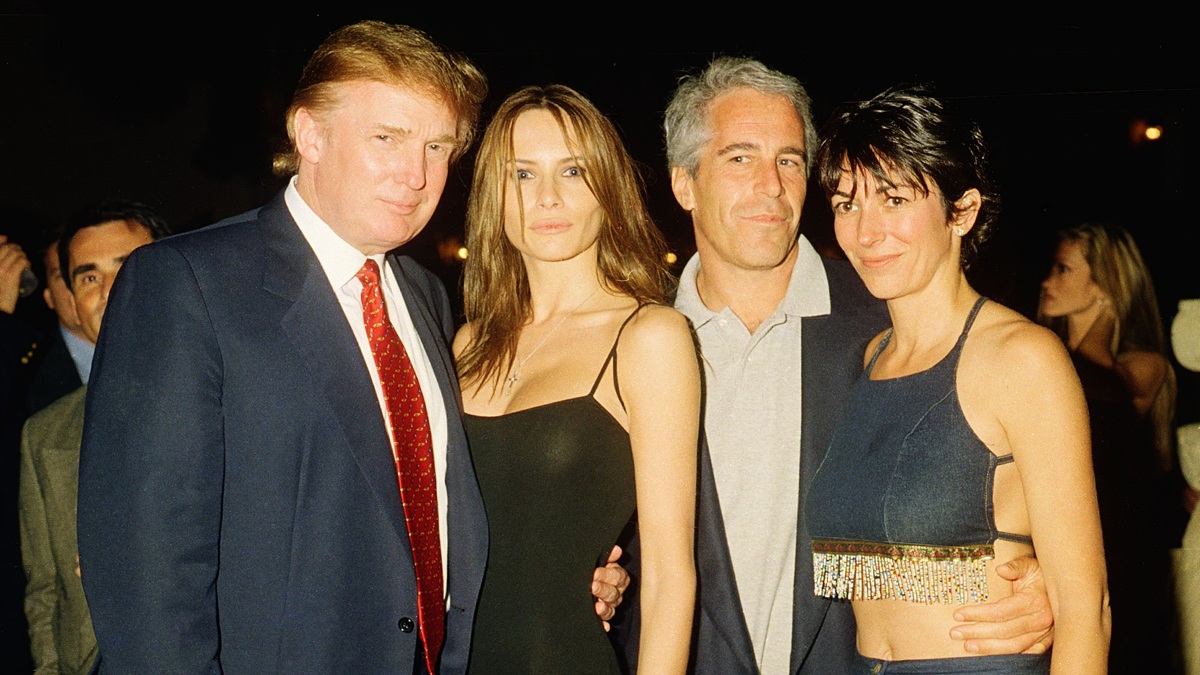
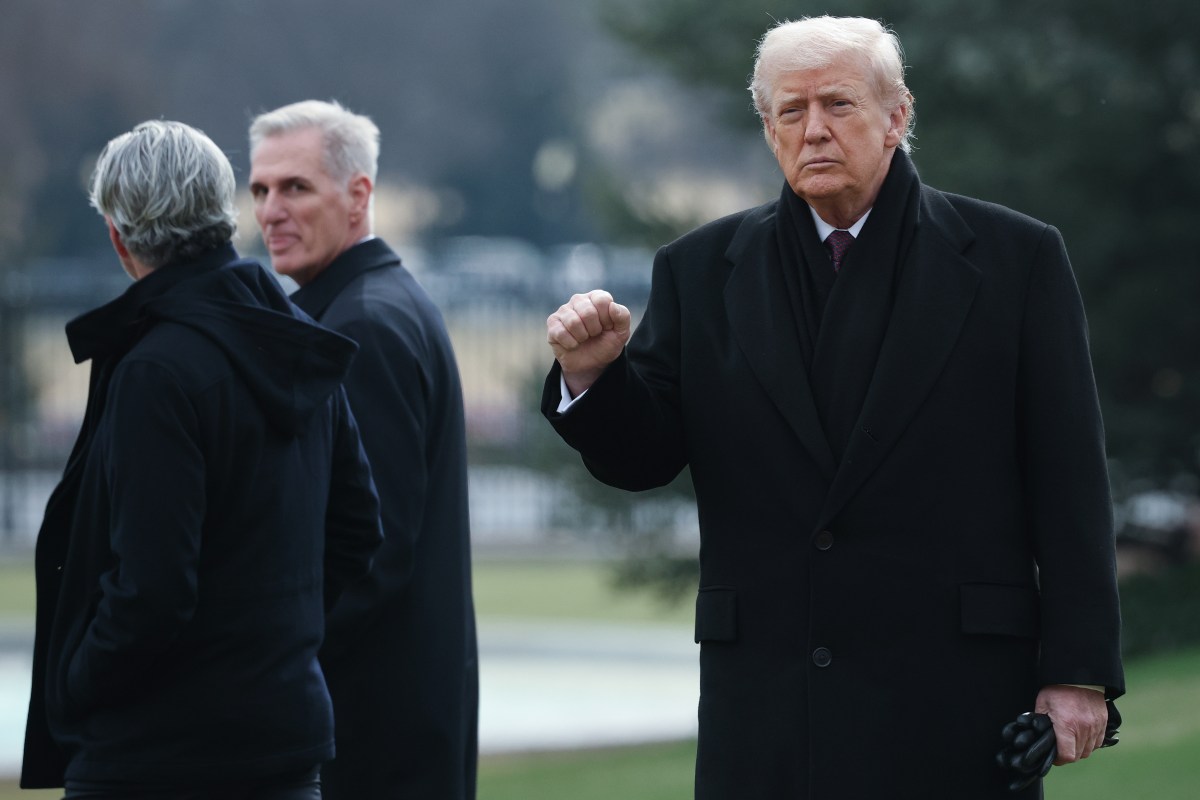
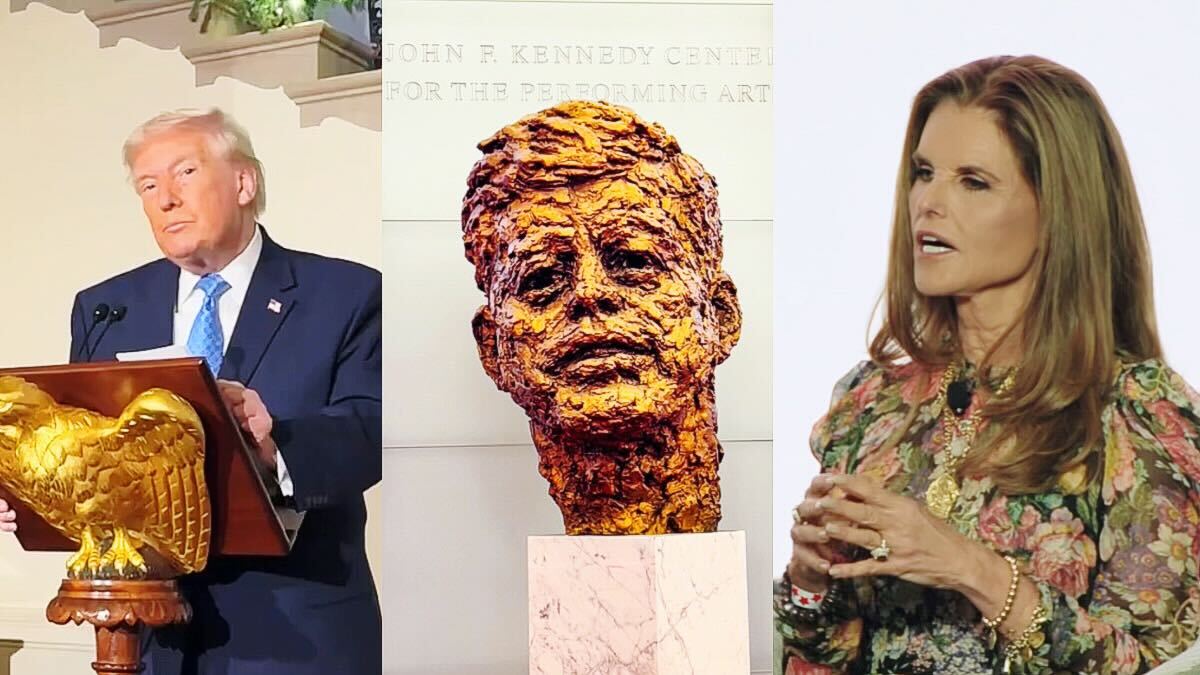
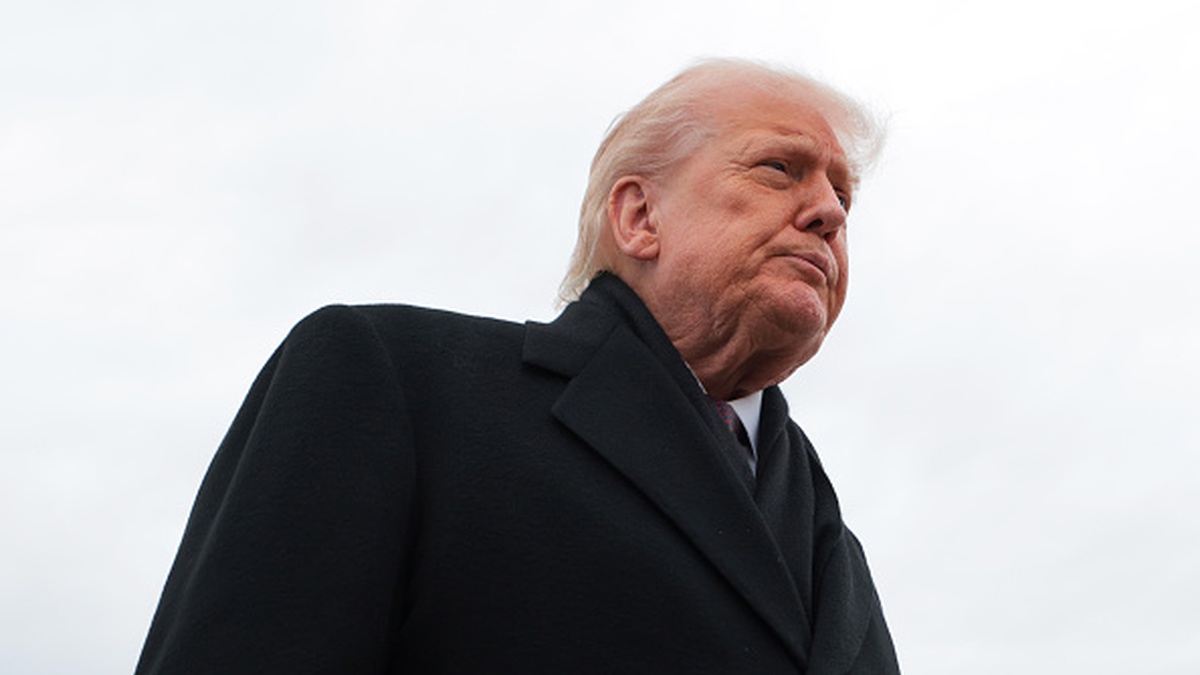

Published: Dec 3, 2024 03:13 pm